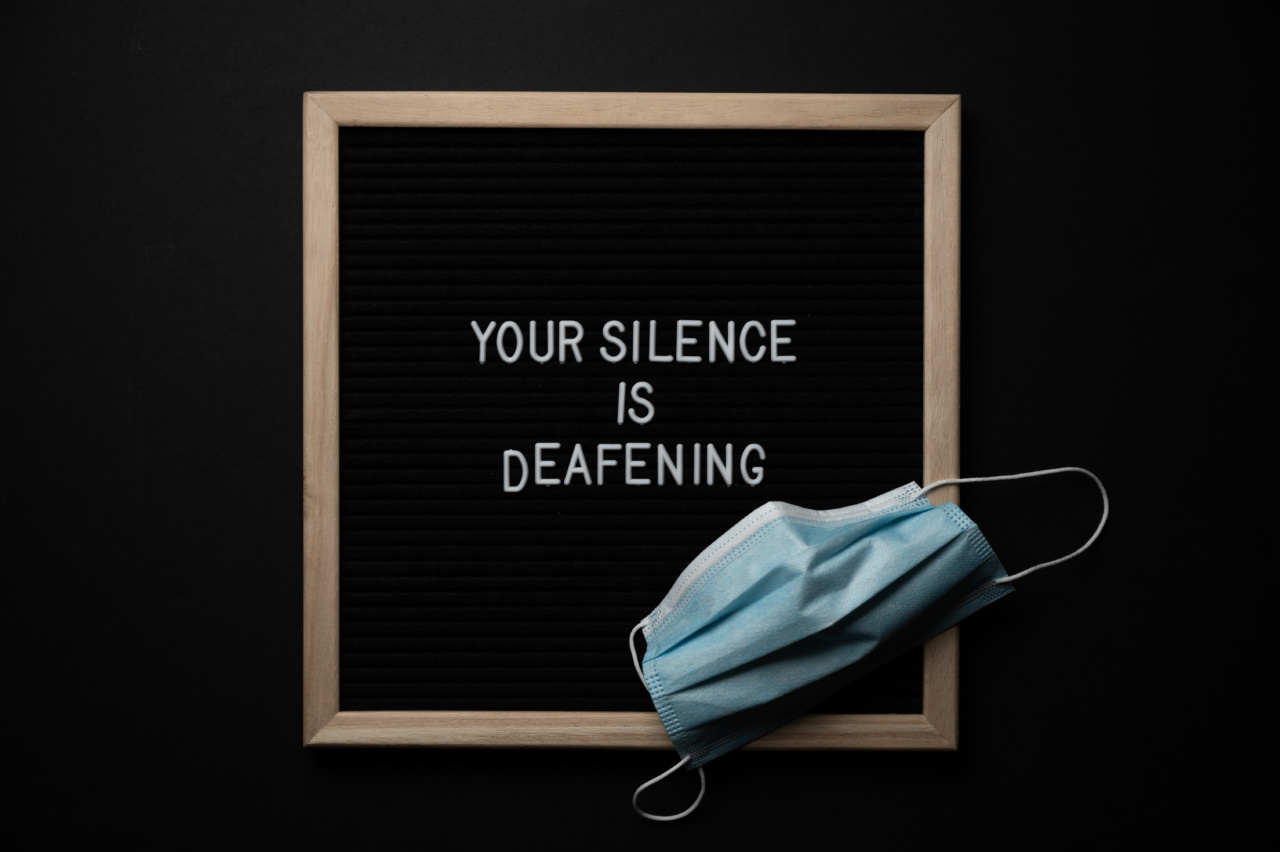Many women wonder if it’s possible to get pregnant immediately after their period ends, as this is a common question among those who are trying to conceive or are concerned about unintended pregnancy.
To understand the likelihood of getting pregnant during this specific time, it’s essential to have a clear understanding of your menstrual cycle, fertility window, and ovulation. Let’s explore these factors in more detail to shed light on this topic.
Understanding the menstrual cycle
The menstrual cycle is the monthly hormonal cycle that prepares a woman’s body for pregnancy. It typically lasts for around 28 days but can vary from woman to woman.
The cycle begins on the first day of menstrual bleeding and ends on the day before the next period starts.
During the menstrual cycle, multiple hormonal changes occur. These fluctuating hormone levels cause the lining of the uterus to thicken in preparation for a fertilized egg.
If the egg is not fertilized, the uterus sheds its lining, resulting in menstrual bleeding.
The fertility window
The fertility window refers to the period when a woman is most likely to conceive. It usually lasts for about six days and occurs during the menstrual cycle. The window includes the five days before ovulation and the day of ovulation itself.
Ovulation is the release of a mature egg from the ovaries. This egg can be fertilized by sperm within a 24-hour timeframe after its release. Sperm has the ability to survive inside a woman’s body for around five days.
So, if intercourse occurs within the five days leading up to ovulation or on the day of ovulation, there is a higher chance of fertilization and pregnancy.
The role of ovulation in pregnancy
Ovulation plays a vital role in pregnancy, as it is the most fertile time for a woman. However, determining the exact day of ovulation can be challenging, especially for women with irregular cycles or those who do not track their ovulation signs.
For women with a typical 28-day menstrual cycle, ovulation usually occurs around day 14. However, this can vary significantly depending on factors such as stress, illness, hormonal imbalances, and lifestyle habits.
Therefore, relying solely on the assumption that ovulation occurs in the middle of the cycle may not be accurate for everyone.
Can you get pregnant right after your period ends?
Now that we have a basic understanding of the menstrual cycle and the fertility window, let’s address the question, “Can you get pregnant right after your period ends?” The likelihood of getting pregnant immediately after your period ends is relatively low but not impossible.
Sperm can survive inside a woman’s body for up to five days. If you have a short menstrual cycle (for example, 21 days), it is possible to ovulate shortly after your period ends.
In that case, having unprotected intercourse a few days after your period could result in pregnancy if sperm is still alive when ovulation occurs.
However, in most cases, the likelihood of getting pregnant immediately after your period ends is quite low. The majority of women ovulate between 11 and 21 days after the first day of their period.
For those with a typical 28-day cycle, ovulation usually occurs around day 14.
Factors that can affect fertility
It’s important to note that various factors can influence fertility and the likelihood of getting pregnant at any point in your menstrual cycle. Some of these factors include:.
1. Menstrual cycle length:
Women with shorter or longer menstrual cycles may experience variations in ovulation timing.
2. Sperm survival:
As mentioned earlier, sperm can survive in a woman’s body for up to five days. So, even if intercourse occurs several days before ovulation, sperm can still fertilize an egg if released within that timeframe.
3. Reproductive health conditions:
Issues such as polycystic ovary syndrome (PCOS), endometriosis, and hormonal imbalances can affect ovulation and fertility.
4. Stress and lifestyle factors:
Stress, poor nutrition, lack of sleep, and excessive exercise can all impact a woman’s hormonal balance and, consequently, her fertility.
Tracking your menstrual cycle
To better understand your unique menstrual cycle and increase your chances of getting pregnant, consider tracking your cycle. There are various methods available:.
1. Calendar method:
This involves tracking your period start and end dates on a calendar. Over time, you may notice patterns and estimate when ovulation might occur.
2. Basal body temperature method:
By measuring your body temperature every morning before getting out of bed, you can detect a slight increase that indicates ovulation has occurred.
3. Cervical mucus method:
Monitoring changes in the cervical mucus can provide insight into ovulation. The mucus typically becomes clear and slippery around the time of ovulation.
4. Ovulation predictor kits:
These kits detect the presence of luteinizing hormone (LH) in your urine, which surges 24-48 hours before ovulation. This allows for more accurate prediction of ovulation.
Conclusion
While it is uncommon, it is possible to get pregnant right after your period ends, especially for women with shorter menstrual cycles. However, the chances are generally low, and most women ovulate later in their cycle.
Understanding your unique menstrual cycle, tracking ovulation signs, and utilizing various fertility awareness methods can significantly increase your chances of conceiving when you desire.





























